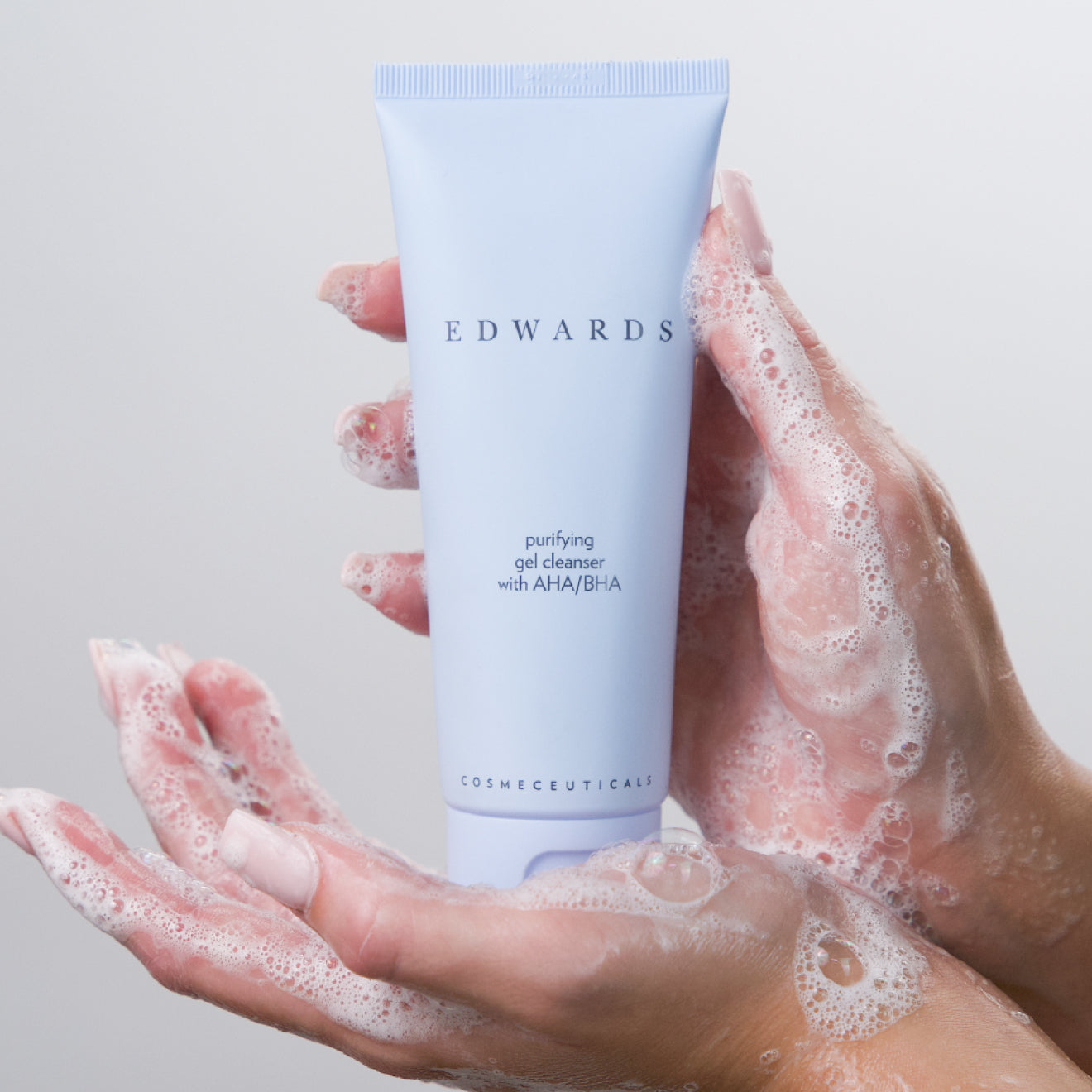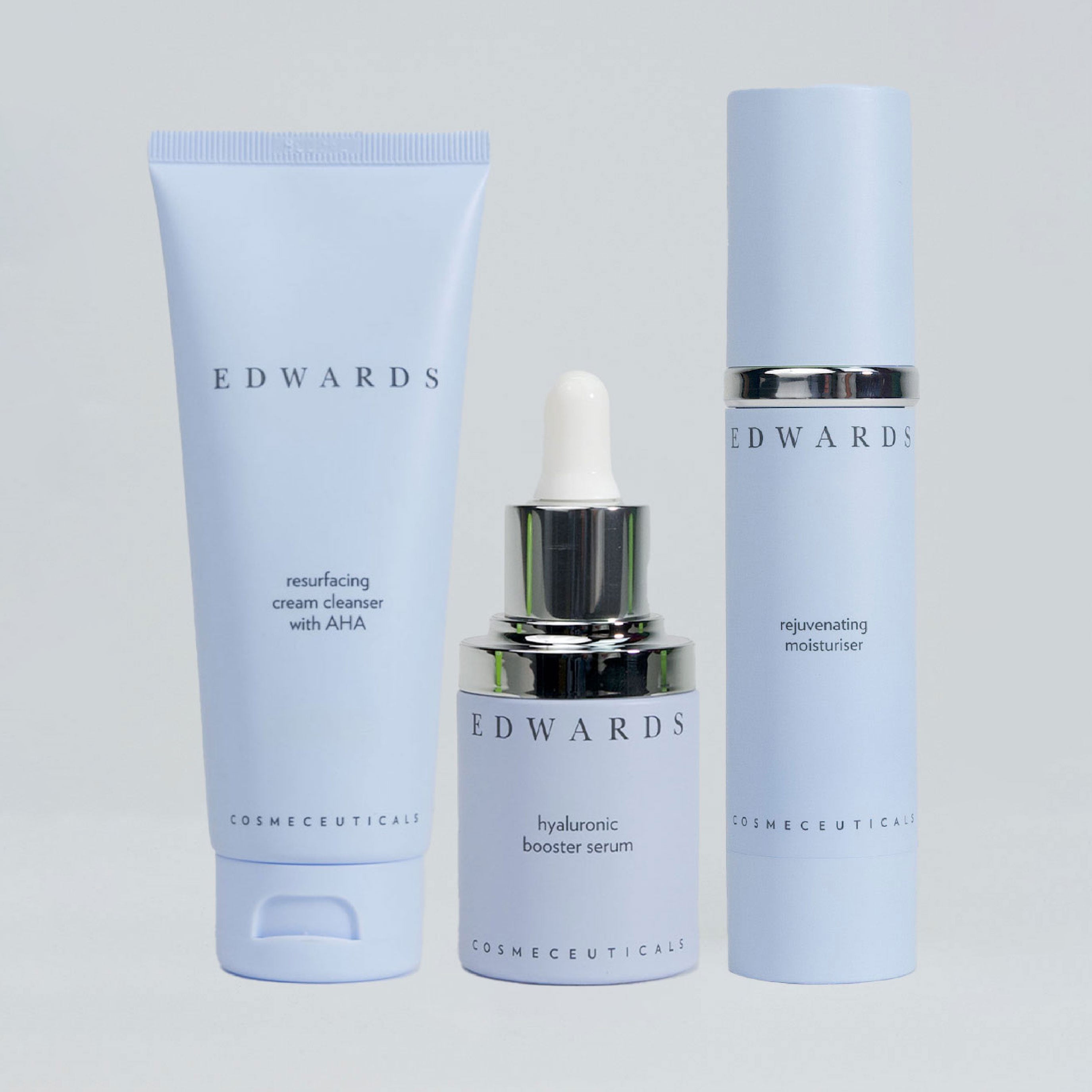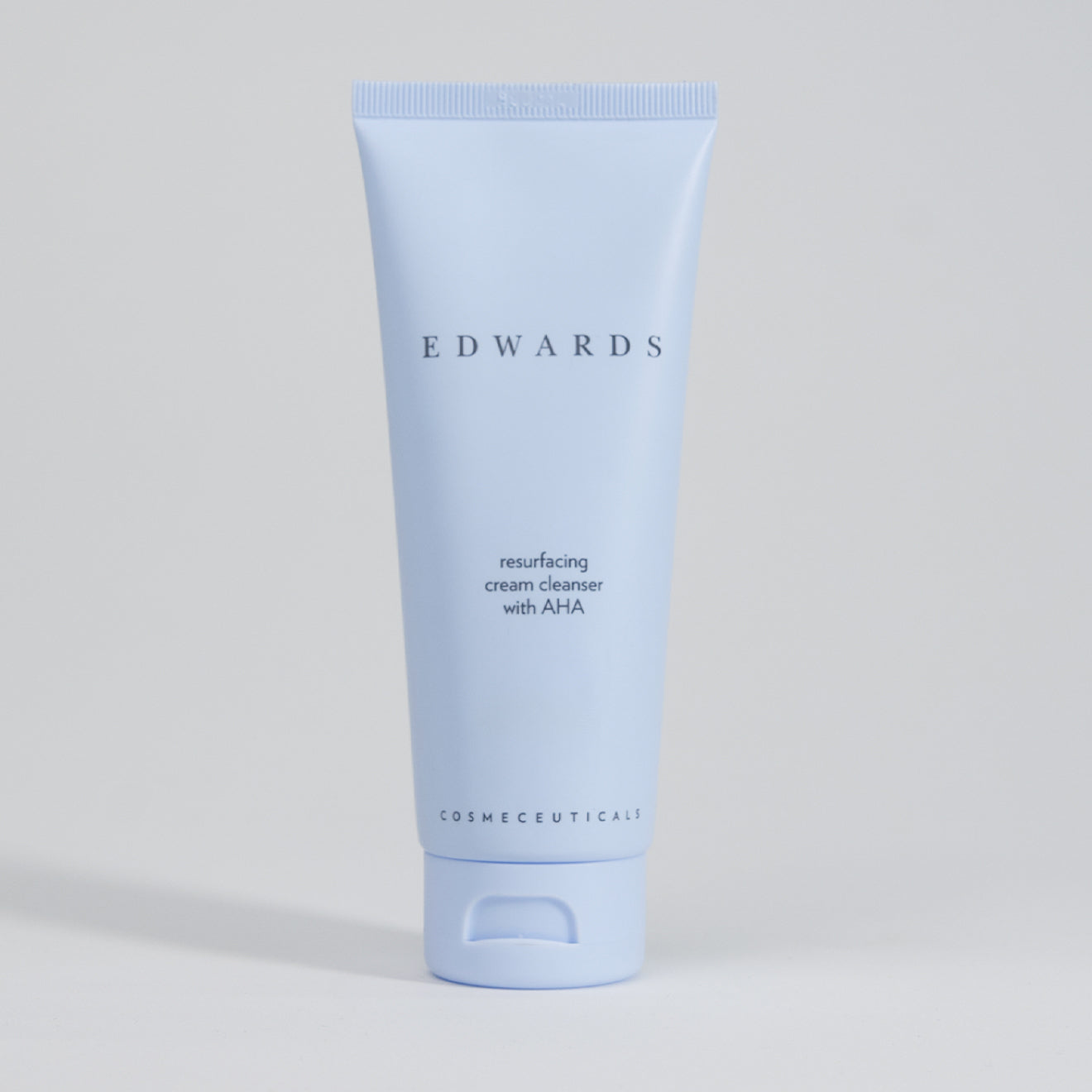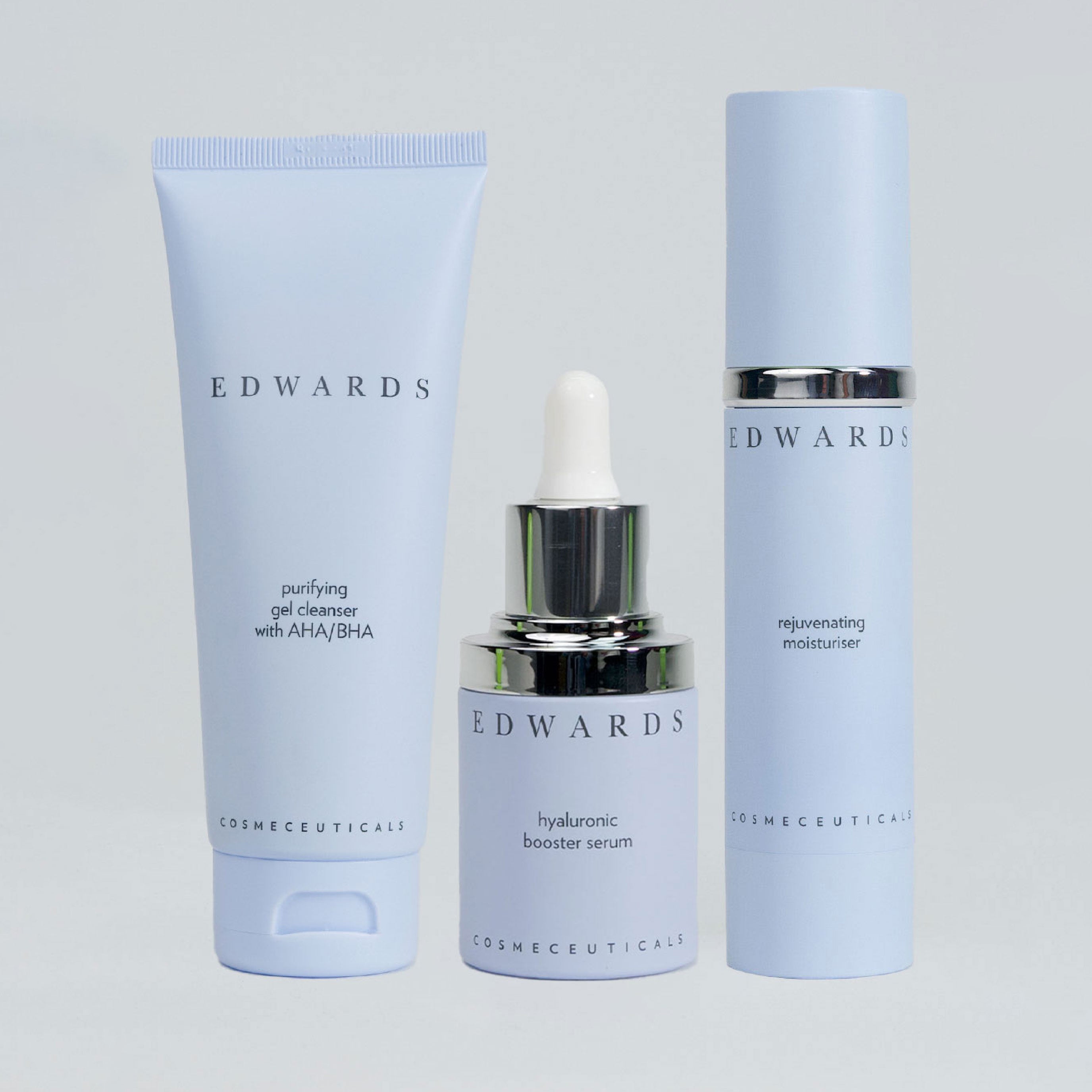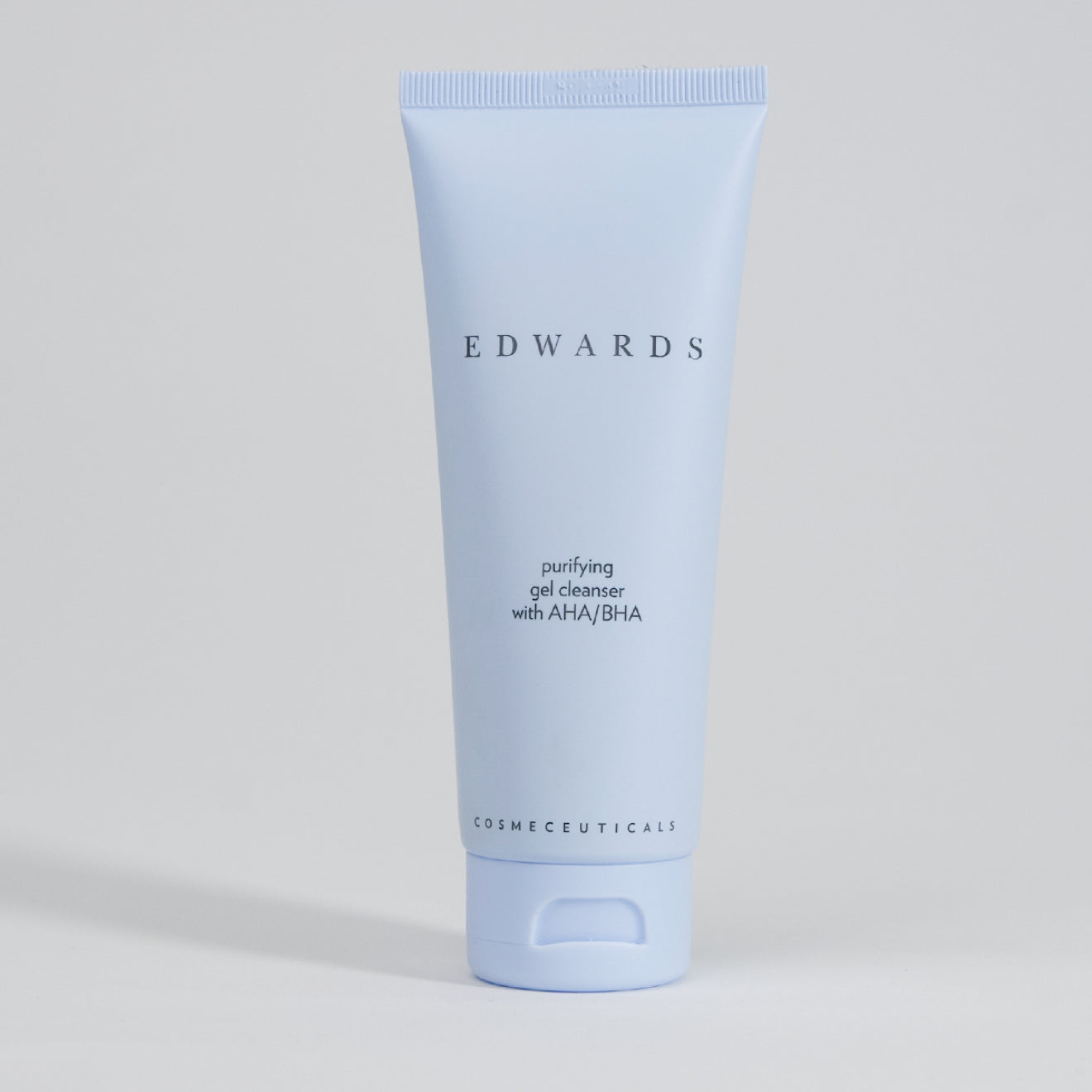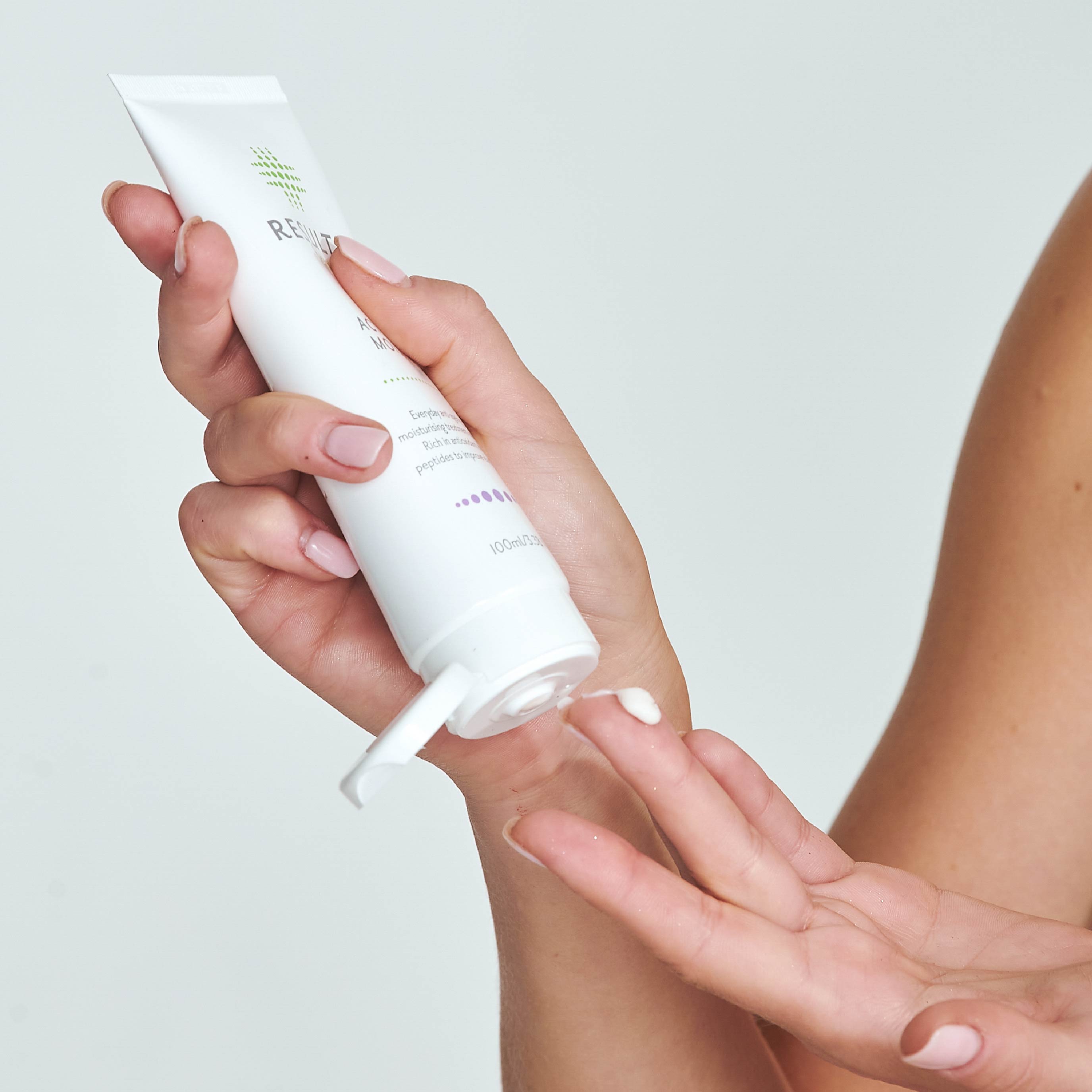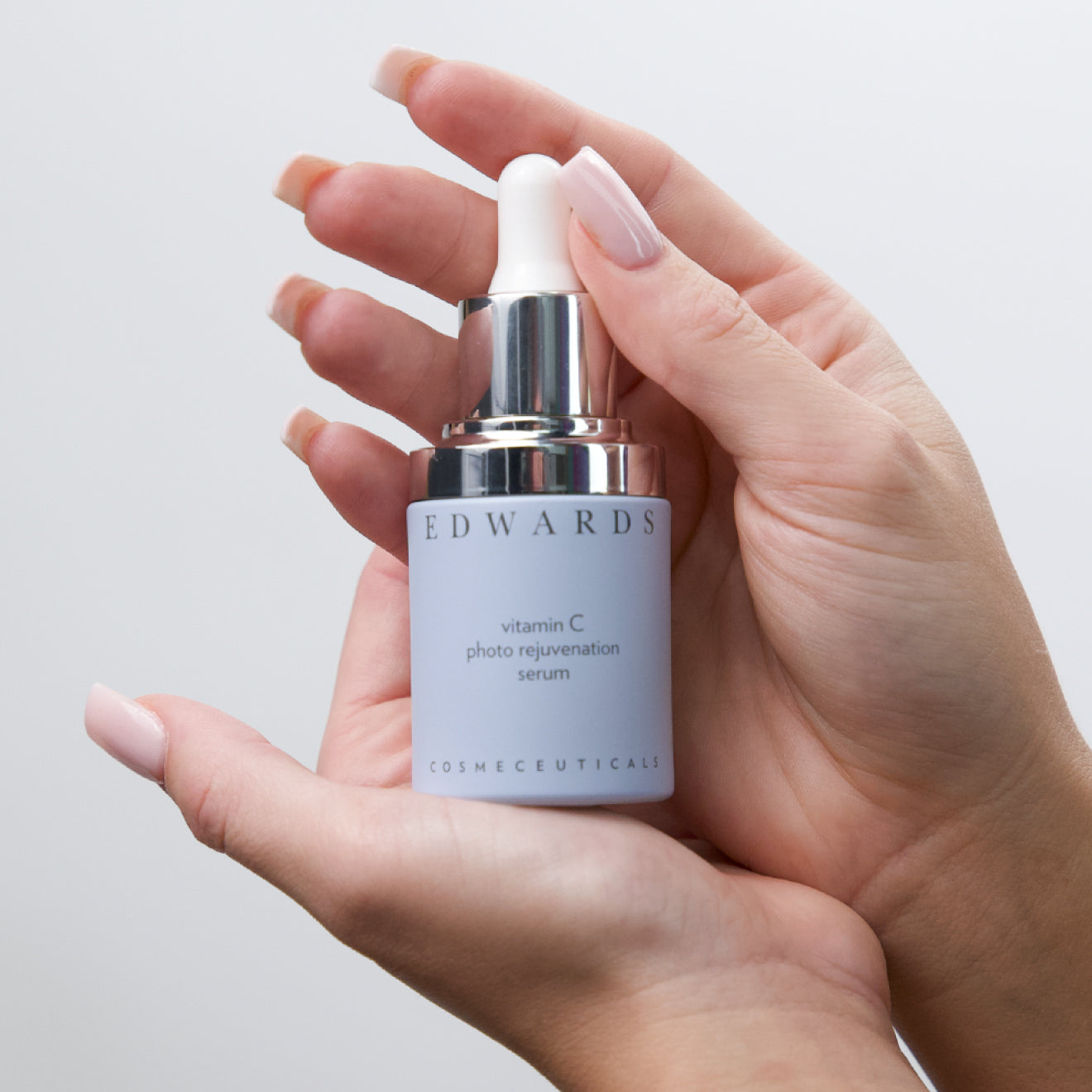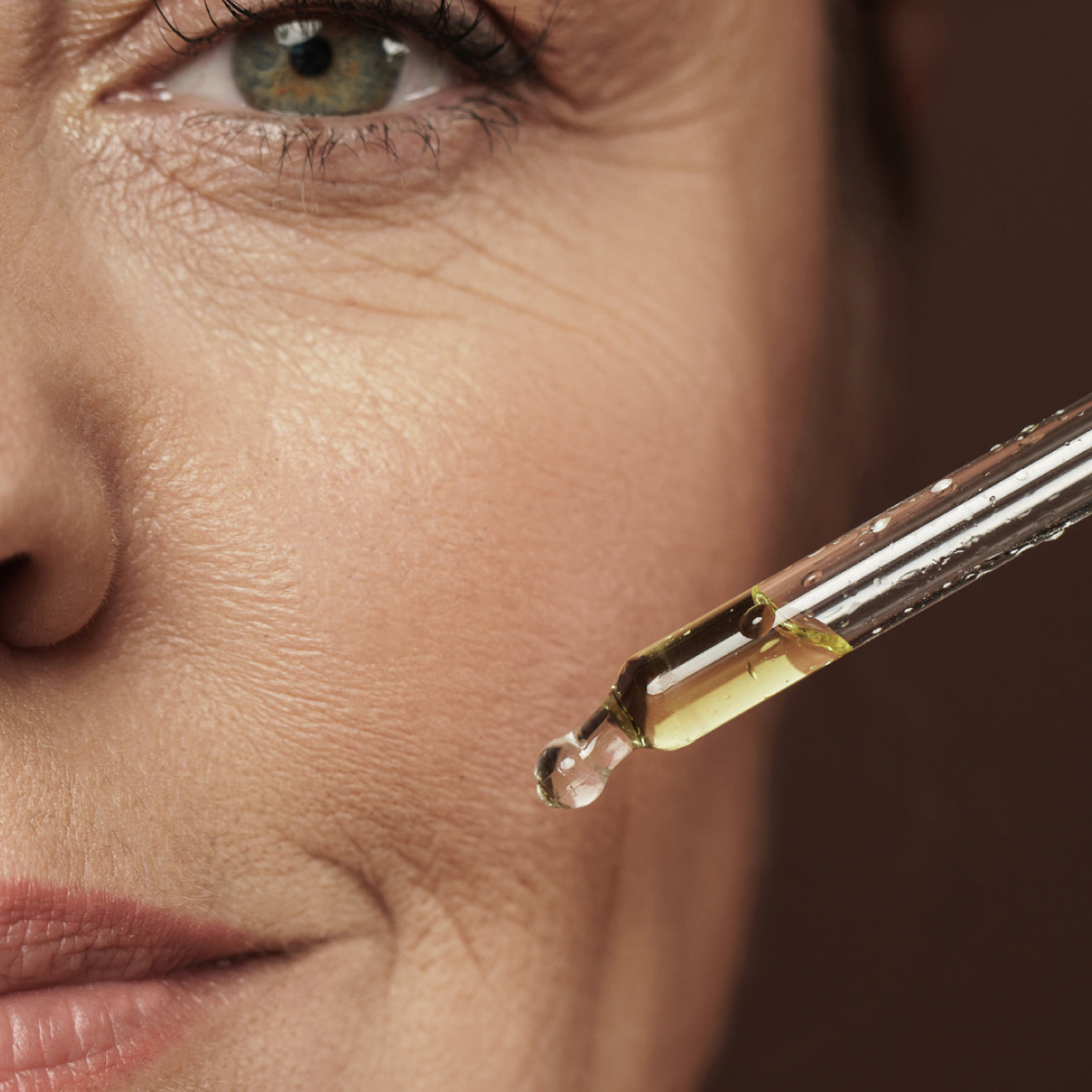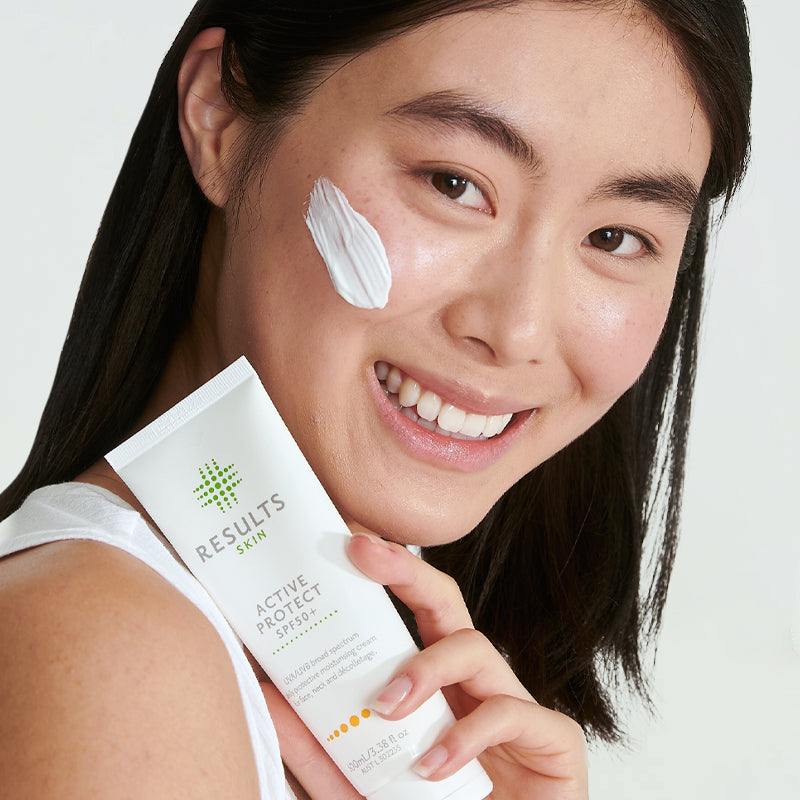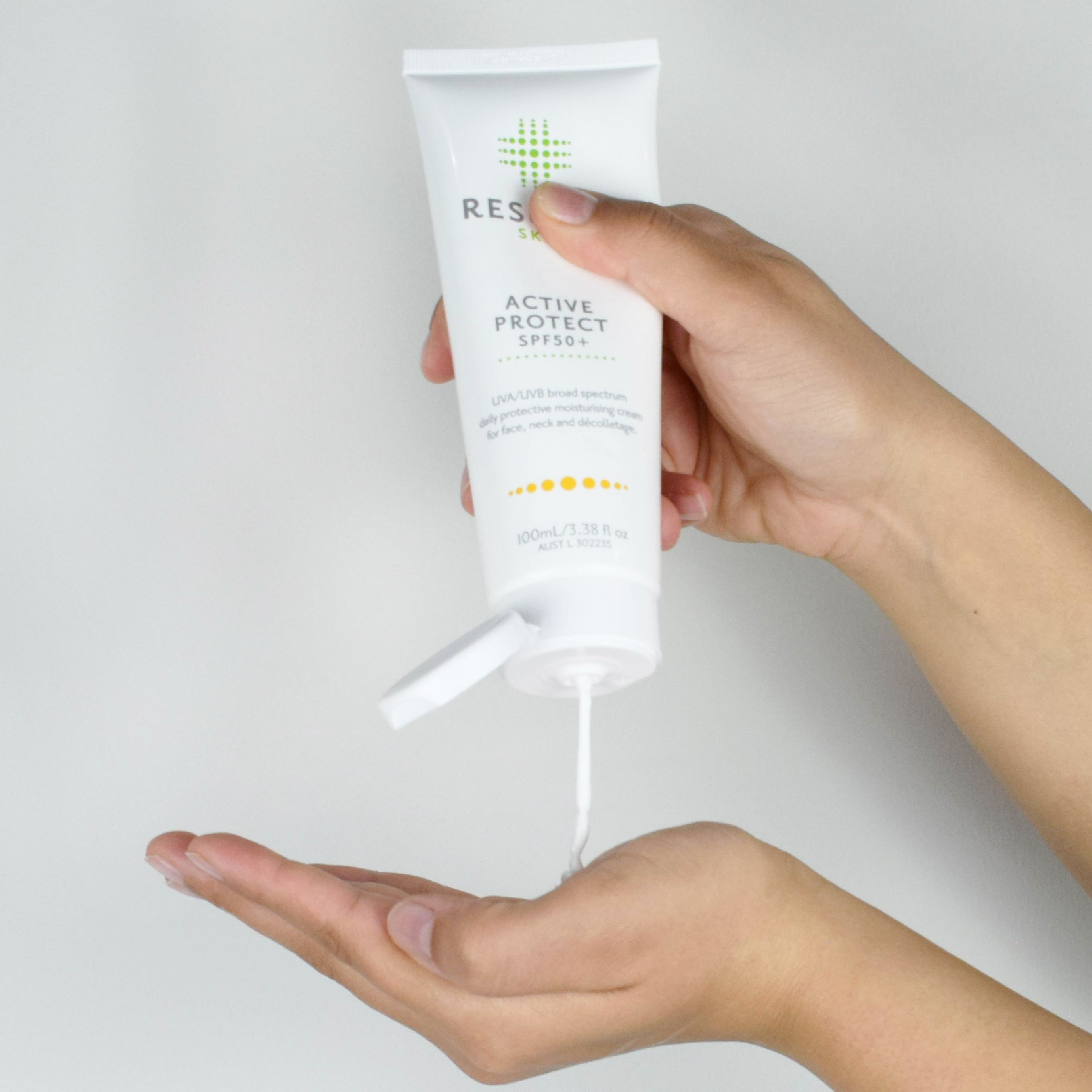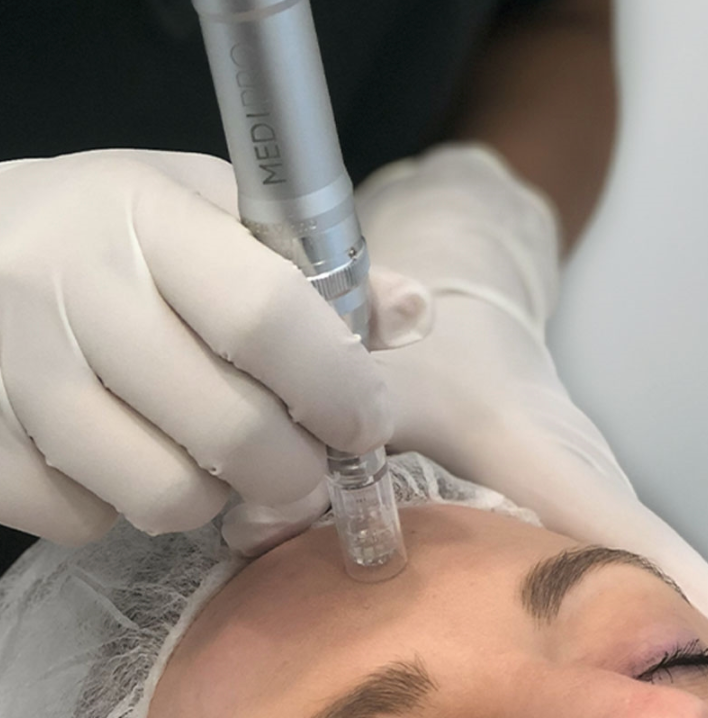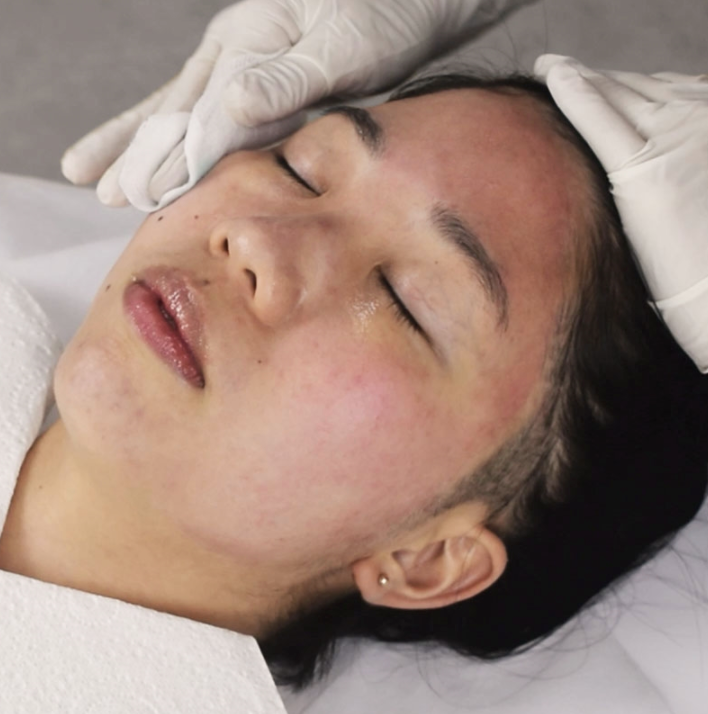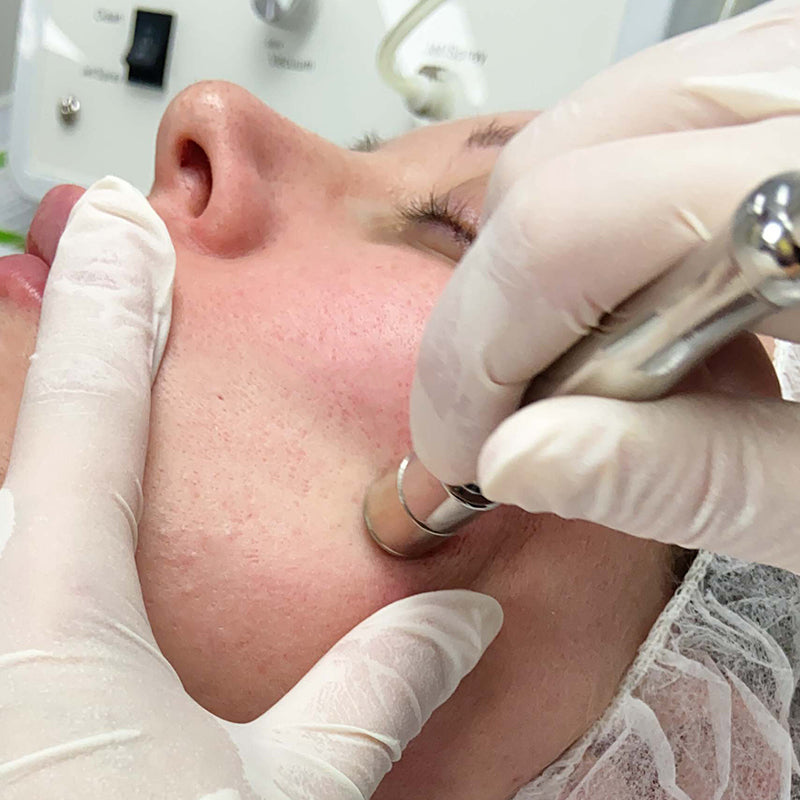Skin Concern:
What is Acne Scarring?
Acne scarring is a common consequence of acne breakouts, occurring when the skin heals after an inflammatory acne lesion. These scars can vary in appearance, from mild discolouration to deep pits in the skin.
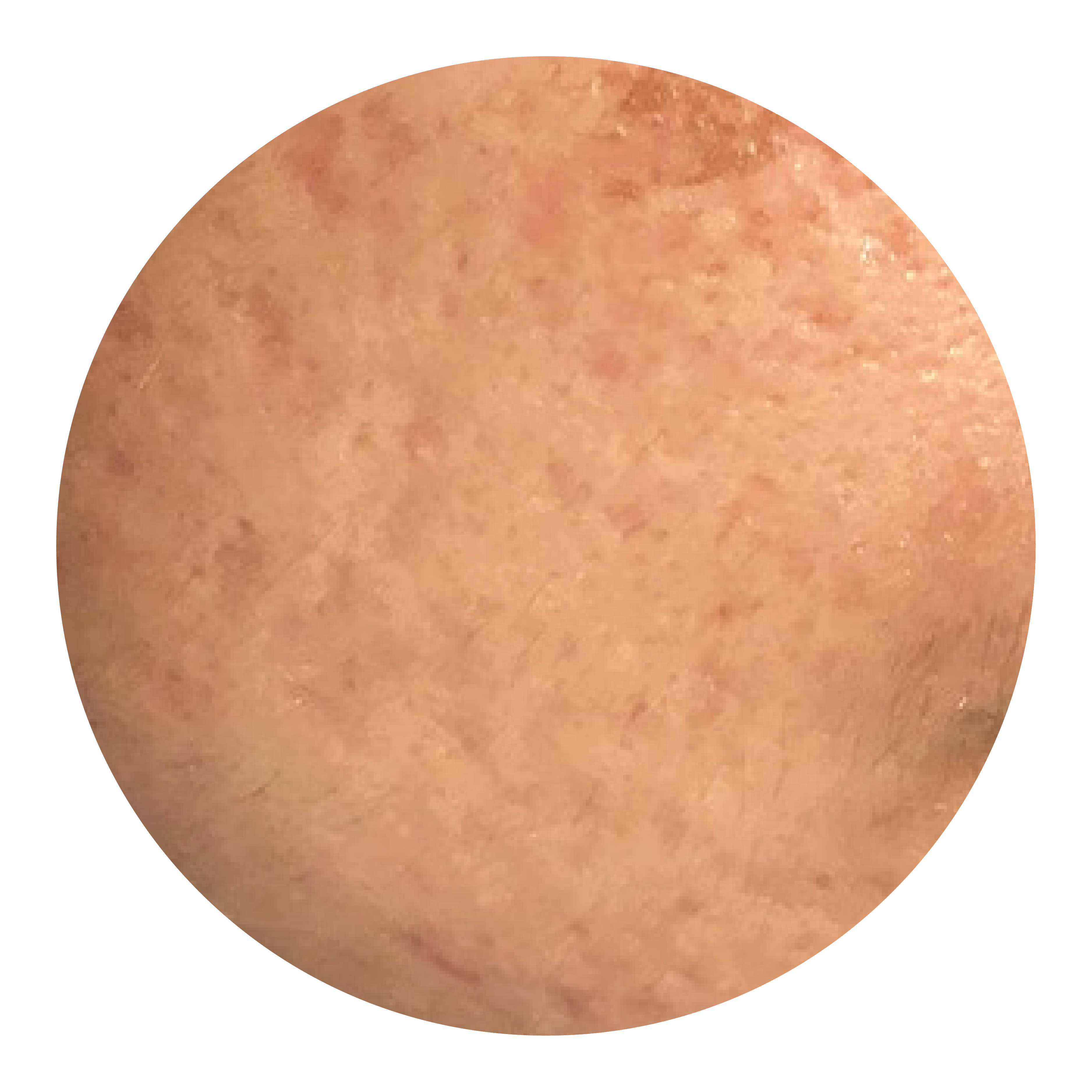
What Causes Acne Scars?
Acne scars form when the deeper layers of the skin are damaged during an acne breakout. These scars are a result of the body's natural healing process, where it produces new tissue to repair the damaged skin. In some cases, this process can lead to the formation of abnormal scar tissue, which alters the skin’s texture and appearance.
Why Acne Scars Form:
- Inflammation: When acne lesions become inflamed, they can cause significant damage to the skin. The more severe the acne, the greater the chance of scarring.
- Overproduction of Collagen: In some cases, the body produces too much collagen to repair the skin, leading to raised scars.
- Collagen Loss: Conversely, when there is insufficient collagen production, the result is sunken or indented scars.
The type and severity of acne scars depend on factors like the depth of the acne lesion, skin type, and how the skin heals after the breakout.
Treating Acne Scarring
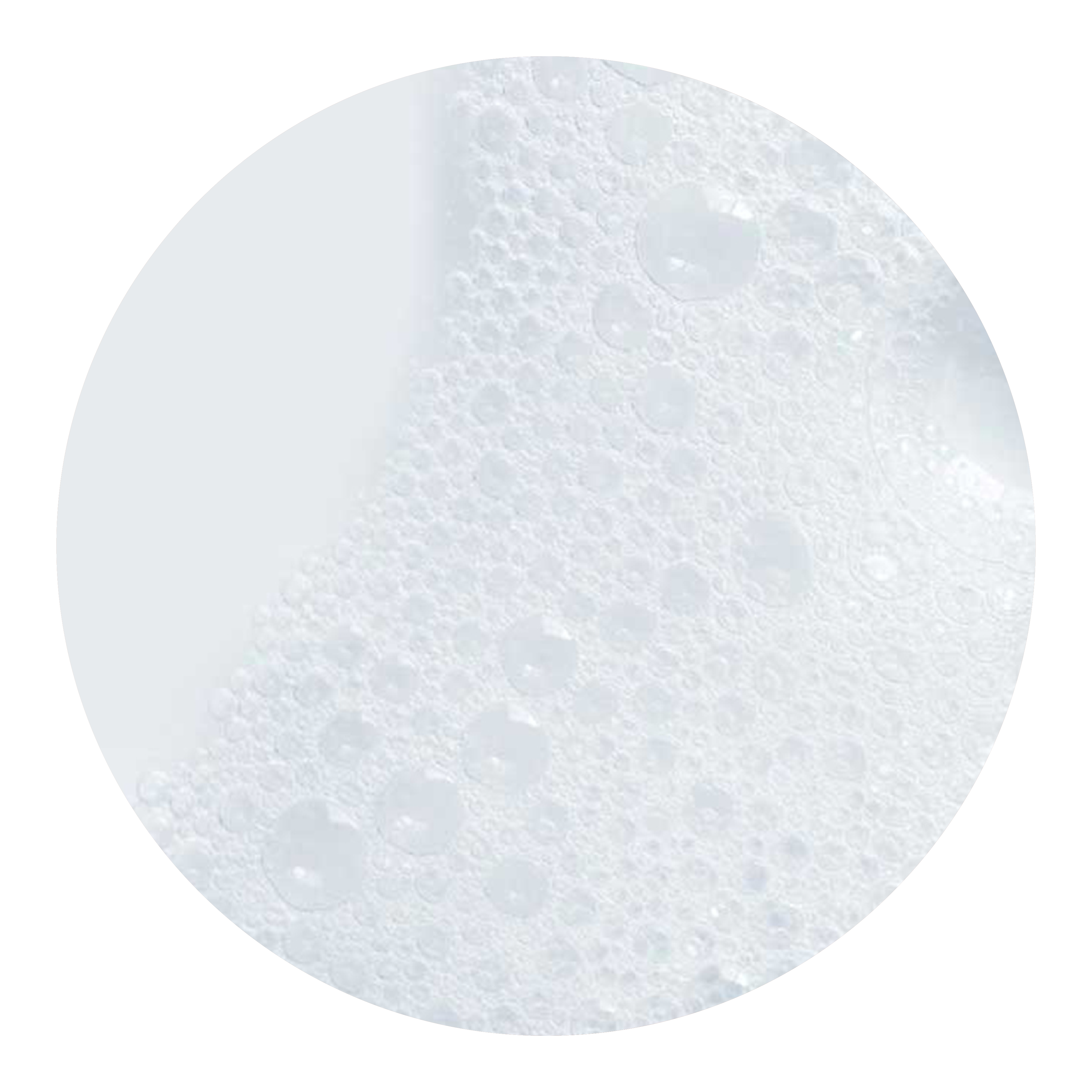
Effectively treating acne scars involves a combination of the right skincare products that support the skin's healing process, promote cell turnover, and address discolouration. Here’s how you can treat acne scarring:
- Cleansers: Choose gentle, non-comedogenic cleansers to avoid further irritating the skin.
- Exfoliants: Incorporate AHAs (like glycolic acid) or BHAs (like salicylic acid) to gently exfoliate and improve skin turnover.
- Moisturisers: Use a lightweight, hydrating moisturiser to keep the skin hydrated and support the healing process.
- Serums: Consider serums with ingredients like vitamin C, niacinamide, or copper peptides to promote collagen production and brighten the skin.
Types of Acne Scarring
Ice Pick Scars: These are deep, narrow scars that create a puncture-like appearance, resembling the marks left by an ice pick. They are often the most challenging to treat due to their depth.
Boxcar Scars: Boxcar scars are broad, box-shaped depressions that can vary in size. They typically have sharp, defined edges and can leave noticeable indentations in the skin, making them a common result of severe acne.
Rolling Scars: These scars appear as wavy, rolling indentations in the skin, caused by fibrous tissue beneath the skin's surface. Rolling scars create a textured, uneven skin surface.
Hypertrophic/Keloid Scars: These scars are raised and thick, extending beyond the original area of injury. Hypertrophic scars remain confined to the wound area, while keloid scars grow beyond it, often causing discomfort. If you experience these types of scars, it is recommended to consult a dermatologist for professional advice.

